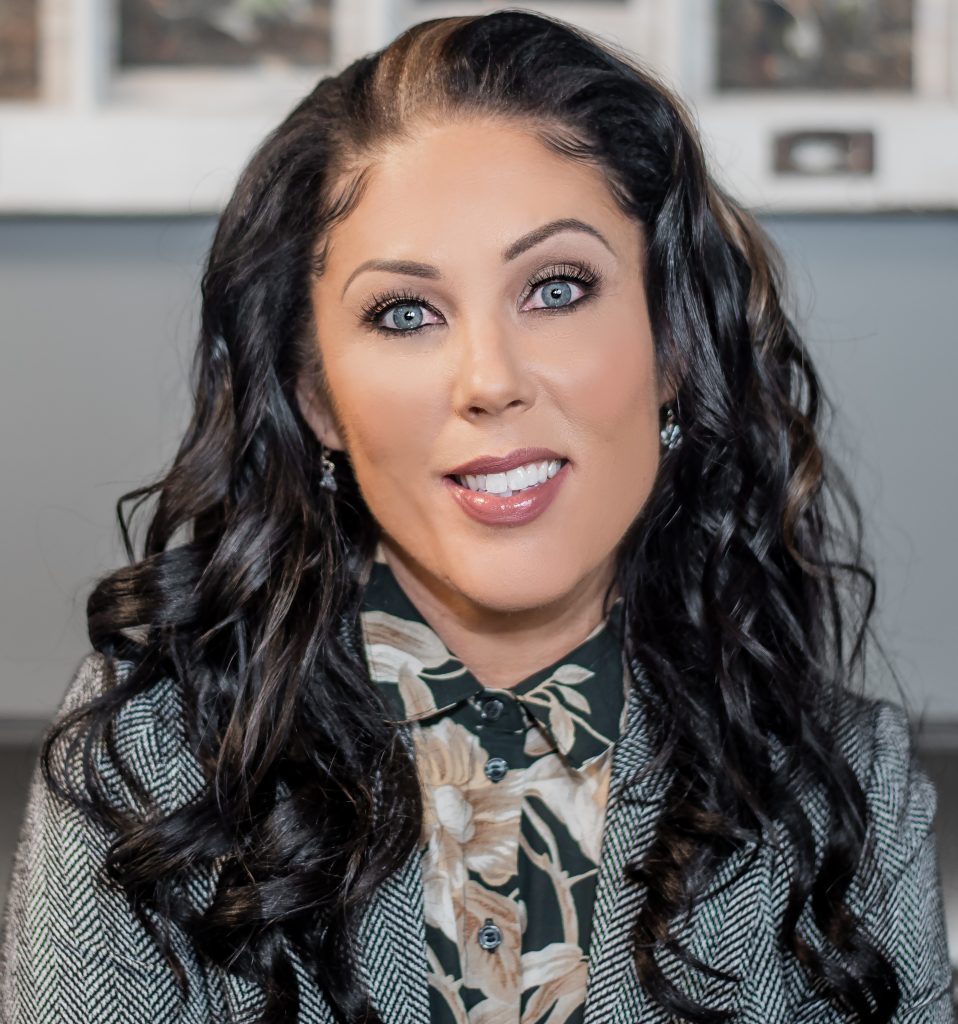
Samantha Mellerson is an executive director with the W. Haywood Burns Institute. She has more than 15 years of experience working with issues of social justice, racial and ethnic equity, education, diversity, youth justice, child welfare, and well-being. She also brings a wealth of knowledge about nonprofit capacity building and is a certified empowerment and diversity coach. Mellerson has worked across public and private sectors in areas such as nonprofit direct service and management, local and state government, and philanthropy. A graduate of the University of Toronto, she has served on the UMB Foundation (UMBF) Board of Trustees since 2018.
SPOTLIGHT: Can you tell me a little bit about your professional background? It seems like you’ve worked across the public, private, and nonprofit sectors. What is one thing these environments have in common?
SAMANTHA MELLERSON: I have been very fortunate to have had the opportunity to work across sectors in various capacities. My work has always focused on improving quality of life outcomes for children, families and communities. So, I think the area of focus around human service has been the through line for what they have in common, but each has very different approaches in application. This has been an important perspective for me to gain — it has all helped shape my perspective and vision for true transformative change to create a more just and equitable society where all people and communities can thrive.
How can we create better partnerships between UMB and other anchor institutions in Baltimore? Are there areas for potential beneficial partnership that we are overlooking?
Anchor institutions are really important for local economies. Oftentimes, people overlook the economic power of these institutions and their potential relationship to community wealth building. In a city like Baltimore, with the right targeted focus, leveraging this type of economic power could be transformative. Prioritizing partnerships with local Black businesses, vendors, and contractors is critical. Providing training, incubation, and capacity building also is a great way to partner and can be leveraged to support job creation strategies. A great anchor institution benefits when the community thrives.
What gaps do you see in the current higher education landscape when it comes to racial and ethnic equity? How do we overcome these challenges to build a more equitable landscape?
Higher education faces many of the same challenges as other sectors and institutions. Structural racism has played a prominent role in higher education history. We all need to increase our historical competence of this, because it serves as an important background to understanding the current-day manifestations of racism. We need to examine higher education policy through a racial equity lens and consider how it shapes policy decisions, processes, and emerging priorities, and how these decisions increase or decrease access to opportunity. Through this type of examination, we can begin changing the policies and practices that we know contribute to racial and ethnic disparity.
How did you first get involved with UMB?
I have worked on social justice issues in the city for years, so naturally I have crossed paths with several different departments, programs, and people connected with UMB working on various community initiatives. In terms of the Board of Trustees, there was a very intentional effort to begin diversifying the board across race, ethnicity, gender, age, etc., and that is when I was introduced to the idea of participating on the board.
Do you have any advice for UMB students as they enter the workforce?
I try not to really offer advice, but I love to share things that I know have helped me. I really believe our purpose in life is to recognize our superpower — that thing that you do so well and so naturally that you may not even realize what an incredible skill it is — and share it with the world. We get to choose our relationship with our past, present, and future, so fulfill your purpose, because that is the path that brings you joy.
Why do you give to UMB?
Because I see its potential to impact the lives of some of Baltimore’s most marginalized communities. My hope is to serve as a bridge.
UMBF, Inc. is a tax-exempt corporation, exempt from federal income tax under Section 501(c)(3) of the Internal Revenue Code, and recognized by UMB’s governing board as an affiliated foundation of UMB, Maryland’s only public health, law, and human services university. UMB is composed of six professional schools (dentistry, law, medicine, nursing, pharmacy, social work) and the interdisciplinary Graduate School. Its mission is to improve the human condition and serve the public good of Maryland and society at large through education, research, clinical care, and service.

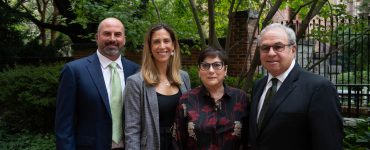
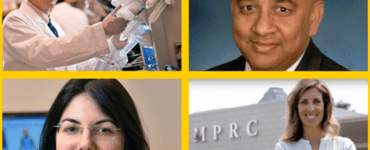
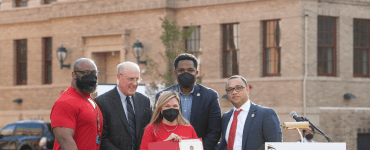
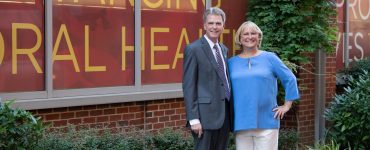

Add comment